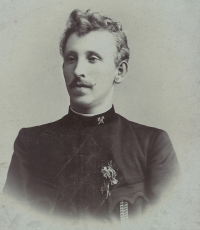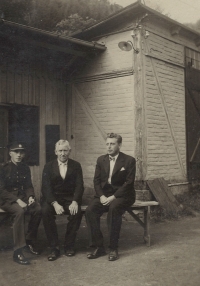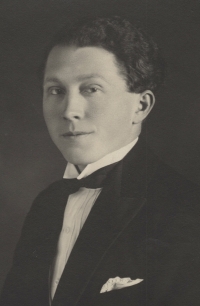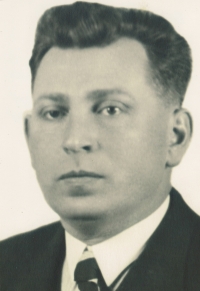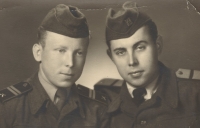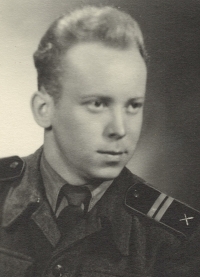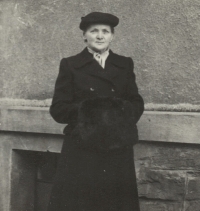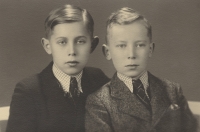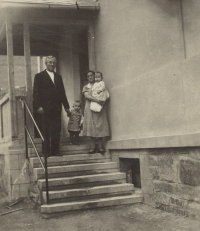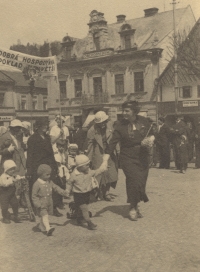I felt as a second-rate human being during communism
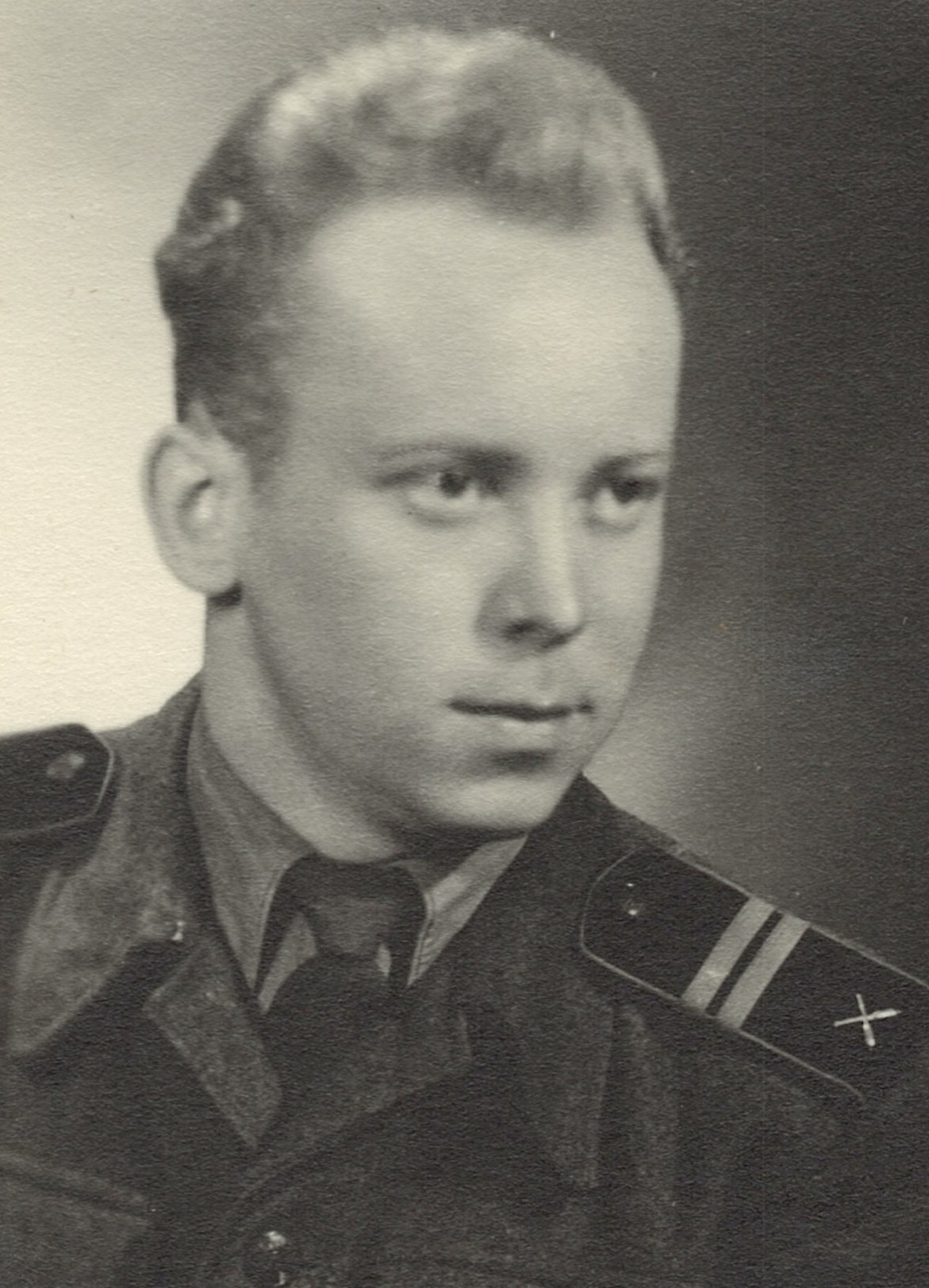
Download image
Bohuslav Hanuš was born on the 3rd of November 1931 in Jablonné nad Orlicí where he also spent his whole life. His father Adolf Hanuš (1878–1935) had sons Adolf and Alois (1904–1941) from his first marriage. Having become widower, he married Marie, née Benešová (1898–1988) in 1930 and had sons Bohuslav and Miroslav (1933–2015) with her. Bohuslav´s father died of influenza in 1935. Brother Alois was executed for resistance activities in 1941. Having lost her husband, the mother had to try hard to pay the new house built on debt and to make a living. They made brushes at home, sewed thread wrapped buttons and rented bigger part of their house. In February 1945 Bohuslav saw a transport of impoverished Russian captives marching through the town and people who were bringing food to them. The retreating German army went through the town at the end of the war. The Nazis threatened to burn the town of Jablonné down and to execute on a mass scale but fortunately it did not happen. Bohuslav joined the scout unit after war and experienced one camp. After apprenticeship in Varnsdorf between 1946 and 1949 he started to work as a toolmaker in the Tesla Jablonné company and he stayed there until his retirement in 1991. He did his military service between 1952 and 1954 in Bratislava. He got married to Anežka Stejskalová (*1941) in 1960. He publicly claimed to be religious during his whole life and he raised his three children to be religious as well even though it was not desirable during normalization. He did sport and performed on gymnastics apparatus in Sokol his whole life. He worked as a youth sports instructor after the ban of the organization. According to his words, 1968 was the most beautiful year in his life. He threw down a red star from the Tesla company facade in protest against the occupation in August 1968. He was living in Jablonné nad Orlicí with his wife in 2020. Bohuslav Hanuš died on March 25, 2024.
